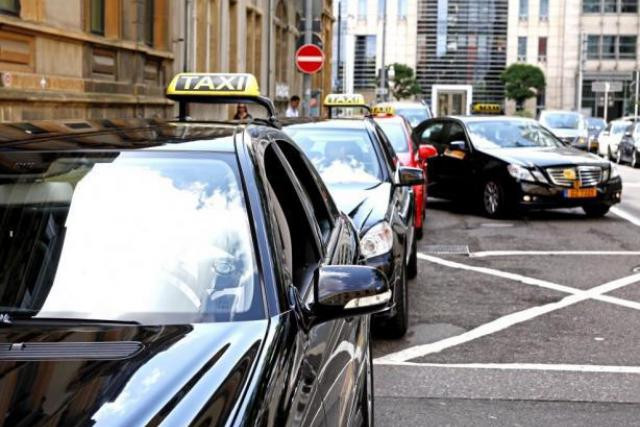However, consumers may be surprised to learn that costs actually fell in April this year, just six months after the taxi reform came into force.
According to a Statec consumer price index, there was “a slight decrease in service prices of taxis in Luxembourg”.
The reform’s main goal was to weed out illegal taxis, rather than reduce costs. But, it would appear that allowing customers to choose their own taxi and enabling taxi firms to set their own tariffs has led to a greater diversification of costs between players.
The findings were recorded in the intermediary review of the price commission of the consumer council, which met on 25 July within the framework of the Observatory for the formulation of prices for the economy ministry.
Theoretically, taxi tariffs should rise in line with costs borne by the taxi operator, which was the case in Luxembourg between 2004 and 2012. However, a simulation carried out by the observatory found that between 2013 and 2016, the cost of taxi services to consumers rose faster than the cost of offering the service (labour and fuel costs).
“This could be explained by two major components of the costs to be borne by a taxi company: wage developments in Luxembourg have slowed in recent years and fuel prices have fallen sharply from 2013,” the report wrote.
Other observations made since the reform came into force found that by May 2017 demand for zero emission taxi licences (no CO2 or NOx) exceeded offer. Meanwhile, the overall number of taxis operating in Luxembourg fell. This decline was particularly acute in the north (Clervaux and Vianden) where only a quarter of licences have been awarded.
